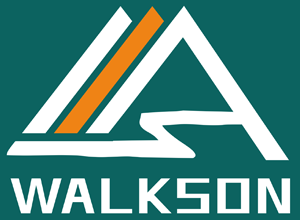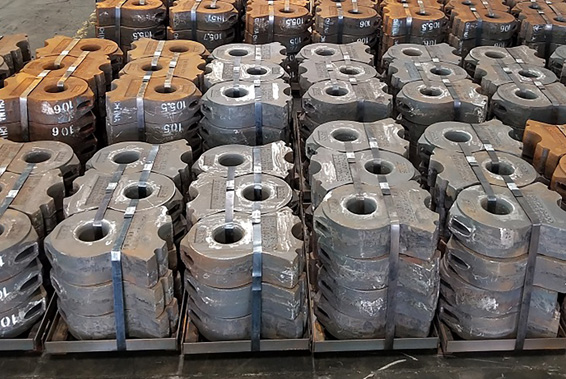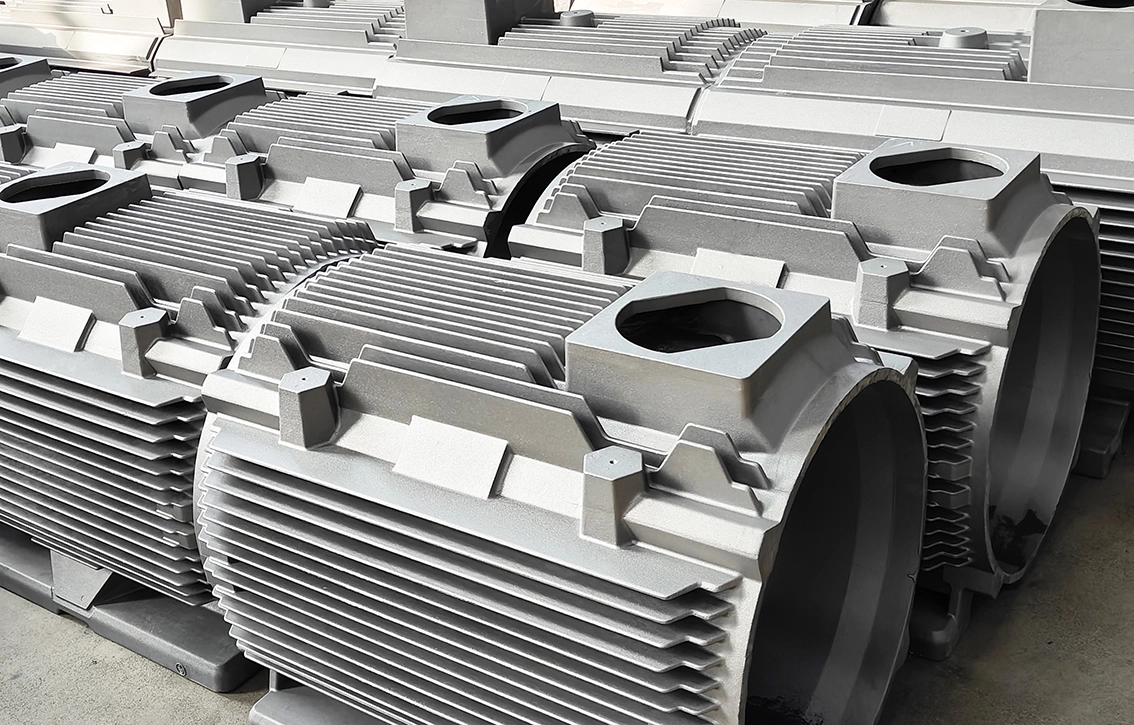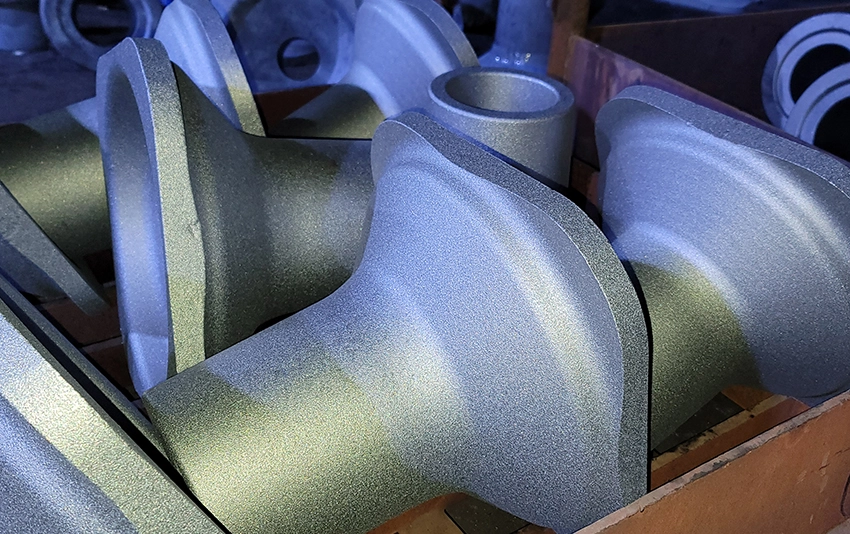Low Alloy DHT Hammer: Precision-Engineered for Heavy-Duty Performance
Detailed Product Description: Low Alloy DHT Hammer
Function and Design
The Low Alloy DHT Hammer is engineered for high-impact applications, delivering powerful blows while maintaining structural integrity. Its Dual Hardness Treatment (DHT) process creates a unique combination of a hardened surface for wear resistance and a tough, ductile core to absorb shock and prevent cracking. This design ensures prolonged service life in harsh environments, such as mining, quarrying, and construction. The hammer’s optimized geometry enhances energy transfer, improving efficiency and reducing downtime. Its ergonomic design also ensures compatibility with various equipment, making it a versatile choice for heavy-duty operations.
Material Grade (EN and ASTM Standards)
The DHT Hammer is manufactured using premium low alloy steel, adhering to stringent EN and ASTM standards for quality and performance. Common material grades include:
· EN Standards: EN 10083-3 (e.g., 42CrMo4, 34CrNiMo6) for high strength and toughness.
· ASTM Standards: ASTM A148 (e.g., Grade 80-50) and ASTM A434 (e.g., 4140, 4340) for superior mechanical properties. These materials provide excellent fatigue resistance, impact toughness, and wear characteristics, ensuring the hammer performs reliably under extreme conditions. Custom material compositions can be tailored to meet specific client requirements, ensuring compliance with industry standards.
Modern and Standardized Manufacturing Process
WALKSON employs a state-of-the-art manufacturing process to produce the Low Alloy DHT Hammer, ensuring precision and consistency:
· Material Selection: High-quality low alloy steel is sourced and inspected for compliance with EN and ASTM standards.
· Forging: Hot forging shapes the hammer, enhancing grain structure for improved strength.
· Dual Hardness Treatment (DHT): The hammer undergoes carburizing or induction hardening to create a hard surface (HRC 55-60) while retaining a tough core (HRC 30-35). Quenching and tempering follow to optimize toughness and reduce brittleness.
· CNC Machining: Advanced 4- and 5-axis CNC milling machines ensure precise dimensions, with tolerances as tight as ±0.02 mm and surface roughness up to Ra 0.2.
· Surface Finishing: Shot peening and polishing enhance fatigue resistance and surface durability.
· Quality Control: Each hammer undergoes rigorous inspection using coordinate measuring machines (CMMs) and non-destructive testing (NDT) methods.
The process complies with international standards, including ISO 9001:2015, EN 10293, EN 10228, and ASTM A788, ensuring traceability and quality at every stage.
International Standards and Testing Protocols
WALKSON adheres to globally recognized standards to ensure the DHT Hammer meets the highest quality benchmarks:
· EN Standards: EN 10293 (castings), EN 10228 (NDT), and EN 10083-3 (steels for quenching and tempering).
· ASTM Standards: ASTM A148 (castings), ASTM A275 (magnetic particle testing), ASTM A609 (ultrasonic testing), and ASTM A788 (forgings).
· ISO Standards: ISO 2768 (tolerances) and ISO 6892-1 (tensile testing).
Testing Protocols include:
· Hardness Testing: ASTM E18 (Rockwell) and ASTM E10 (Brinell) to verify surface and core hardness.
· Impact Testing: ASTM E23 (Charpy V-notch) to assess toughness at varying temperatures.
· Non-Destructive Testing (NDT): Magnetic particle inspection (ASTM A275), ultrasonic testing (ASTM A609), and radiographic testing (ASTM E94) to detect surface and subsurface defects.
· Dimensional Inspection: CMMs ensure compliance with design specifications.
· Fatigue Testing: Cyclic load tests to evaluate durability under repeated impacts.
Testing Equipment:
· Hardness testers (Rockwell, Brinell).
· Ultrasonic flaw detectors.
· Magnetic particle inspection systems.
· CMMs for precise dimensional checks.
· Fatigue testing machines for endurance evaluation.
Clients can witness First Article Trials (FAT) and review Production Part Approval Process (PPAP) documentation, ensuring transparency. Third-party inspectors designated by clients are welcomed, and WALKSON supports oversight to guarantee compliance.
Industry Applications and Relevance
The Low Alloy DHT Hammer is designed for demanding industries, including:
· Mining: Used in rock drills, crushers, and hammer mills for breaking hard materials.
· Construction: Ideal for pile drivers, demolition hammers, and excavator attachments.
· Heavy Equipment: Compatible with hydraulic breakers and forging presses.
· Quarrying: Employed in stone-crushing equipment for efficient material processing.
Its robust design ensures compatibility with leading brands such as Sandvik, Caterpillar, and Komatsu, making it a seamless replacement or upgrade for existing equipment. The hammer’s ability to withstand high-impact loads and abrasive environments makes it a critical component in enhancing operational efficiency.
Quality Assurance Processes (PPAP, FAT, PFMEA, APQP)
WALKSON implements advanced quality assurance protocols to ensure product reliability:
· PPAP: Comprehensive documentation, including material certifications, dimensional reports, and process capability studies, verifies production consistency.
· FAT: First article trials allow clients to validate performance before batch production, with testing conducted under simulated operating conditions.
· PFMEA: Process Failure Mode and Effects Analysis identifies potential risks and implements corrective actions to ensure robust manufacturing processes.
· APQP: Advanced Product Quality Planning aligns design, production, and testing with client requirements, ensuring repeatable quality.
These processes are conducted transparently, with clients invited to witness tests and review results, fostering trust and accountability.
Advantages of Choosing WALKSON
· Superior Quality: Adherence to EN, ASTM, and ISO standards ensures unmatched reliability and performance.
· Customization: Tailored designs and material grades to meet specific application needs.
· Advanced Manufacturing: Cutting-edge CNC machining and DHT processes deliver precision and durability.
· Comprehensive Testing: Rigorous NDT and mechanical testing guarantee defect-free products.
· Global Compatibility: Designed to integrate seamlessly with equipment from top brands.
· Transparent Processes: Client involvement in FAT, PPAP, and third-party inspections ensures confidence.
· Expert Support: WALKSON’s engineering team provides technical consultation and after-sales service.
Contact WALKSON
For inquiries or to request a quote, contact WALKSON at info@walkson.com (mailto:info@walkson.com) or via WhatsApp/WeChat at +86 188 6716 5932. Our team is ready to provide technical support, customize solutions, and guide you through the procurement process. Choose WALKSON for reliable, high-performance Low Alloy DHT Hammers tailored to your needs.
 English
English  Deutsch
Deutsch  français
français  русский
русский  فارسی
فارسی  العربية
العربية  Español
Español  日本語
日本語  한국어
한국어  italiano
italiano  português
português  dansk
dansk  Suomi
Suomi 







